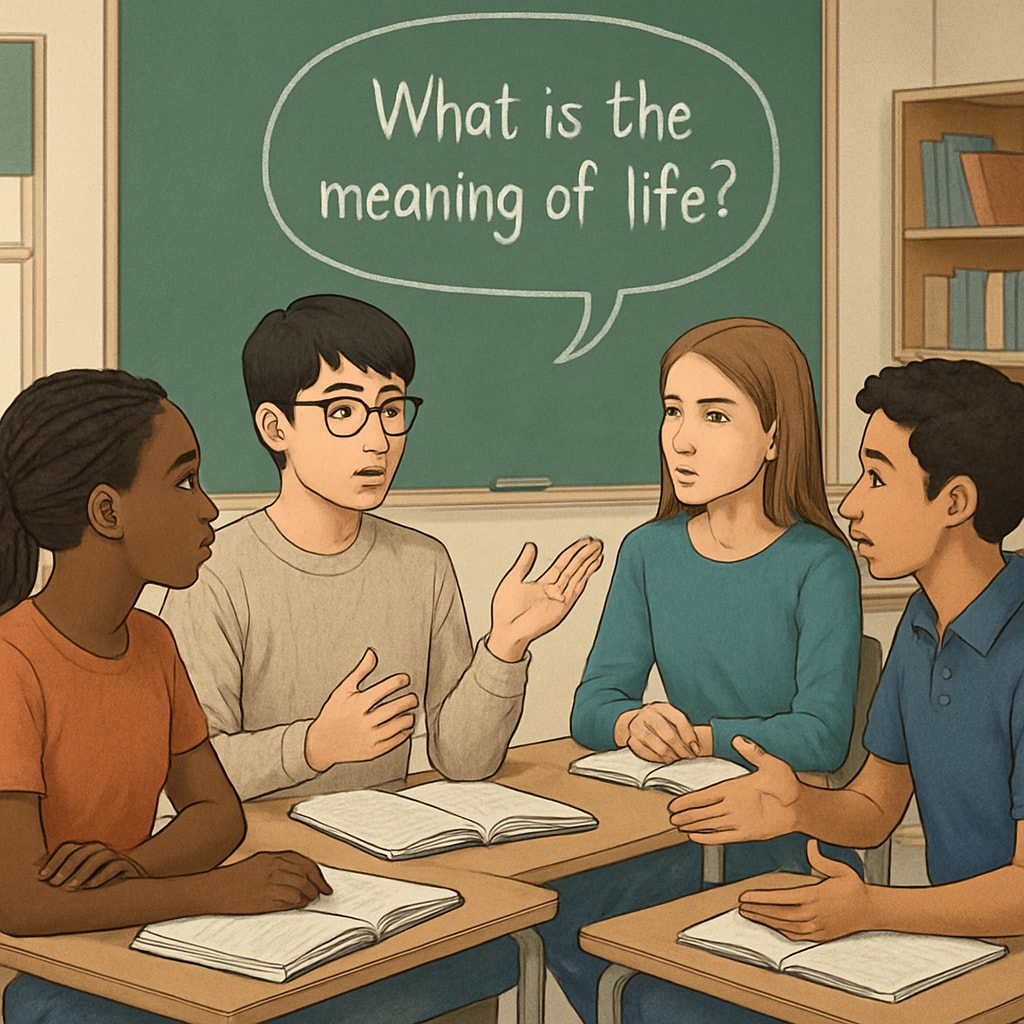Psychology, philosophy, and non-academic learning can be powerful tools to guide K12 students in developing critical thinking and self-awareness. These disciplines not only teach abstract concepts but also help young learners understand themselves and the world around them. This article will provide practical strategies and age-specific resources to introduce psychology and philosophy outside traditional academic settings, encouraging exploration and curiosity.
Why Explore Psychology and Philosophy Beyond Academia?
Psychology and philosophy are often perceived as subjects reserved for higher education. However, introducing these fields to K12 students can help them build valuable skills such as introspection, ethical reasoning, and problem-solving. For example, psychology offers insights into human behavior and mental health, while philosophy encourages deep thinking about life, morality, and existence. Engaging with these topics early can help students navigate challenges and make informed decisions.

Practical Strategies for Non-Academic Learning
Parents and educators can use various methods to incorporate psychology and philosophy into everyday learning:
- Interactive Discussions: Encourage open conversations about topics like emotions, personal values, or ethical dilemmas.
- Games and Activities: Use role-playing games to explore psychological concepts or philosophical debates.
- Reading Materials: Provide age-appropriate books and articles that introduce key ideas in psychology and philosophy.
- Podcasts and Videos: Leverage multimedia resources to make learning engaging and relatable.
For younger students, focus on relatable topics like empathy and fairness. Older students can tackle more complex subjects such as existentialism or cognitive biases.
Recommended Resources for Different Age Groups
Here are some age-specific recommendations for introducing psychology and philosophy:
- Elementary School: Books like “What Do You Do With an Idea?” by Kobi Yamada encourage philosophical thinking. Simple psychology-related activities, such as identifying emotions, are also effective.
- Middle School: Resources like “The Little Book of Philosophy” by André Comte-Sponville and psychology-themed podcasts like “Brains On!” can spark curiosity.
- High School: More advanced books such as “Thinking, Fast and Slow” by Daniel Kahneman or “Meditations” by Marcus Aurelius can challenge older students intellectually. TED Talks on topics like mental health or ethical dilemmas can also be inspiring.
In addition, introducing students to online platforms like Khan Academy or Coursera can provide access to free courses in psychology and philosophy.

Building Lifelong Skills Through Exploration
The benefits of exploring psychology and philosophy go beyond academic achievement. By engaging in these subjects, students learn to approach problems critically, empathize with others, and reflect on their own beliefs. As a result, they develop a strong foundation for personal growth and social interaction.
For example, discussing philosophical questions like “What is happiness?” can help students form their own understanding of well-being. Similarly, exploring psychological concepts such as resilience can prepare them to handle adversity effectively.
Readability guidance: Break down complex ideas into digestible parts, use relatable examples, and include lists to summarize key points. Ensure smooth transitions between sections while maintaining an engaging tone.


